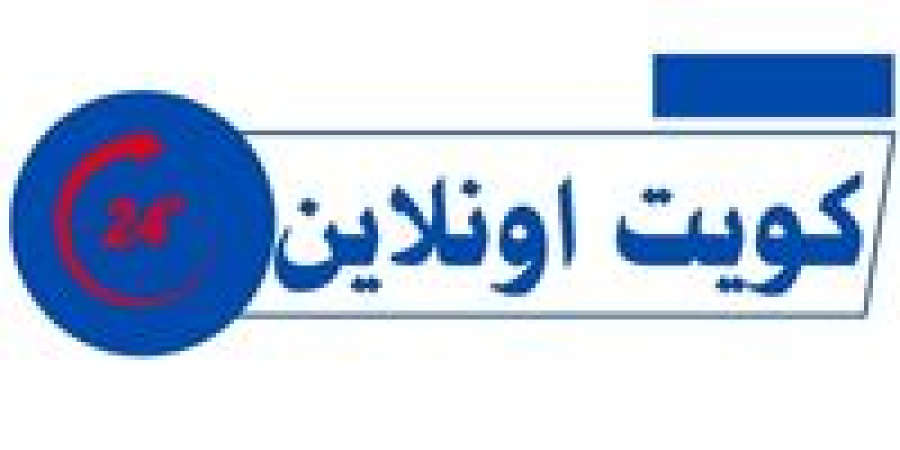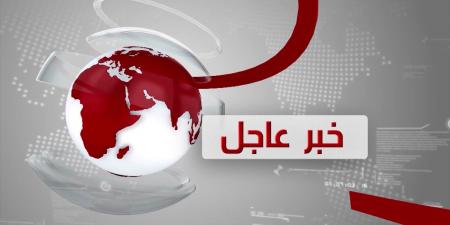نعرض لكم زوارنا أهم وأحدث الأخبار فى المقال الاتي:
Iranian Deputy Foreign Minister Abbas Araghchi Writes in An-Nahar: West Asia at the Crossroads of Smart Deterrence and Wise Diplomacy - بوابة الكويت, اليوم الثلاثاء 1 يوليو 2025 06:17 مساءً
بوابة الكويت - By Abbas Araghchi, Minister of Foreign Affairs of the Islamic Republic of Iran
Decades ago, when the Palestinian issue was first framed as a “central cause” in the Islamic world and the Arab sphere, few could have imagined that Iran would one day find itself at the heart of this cause, playing a decisive and active role. Today, just days after the Zionist entity called for a temporary halt to the war, the Islamic Republic of Iran has not only reaffirmed its influential position but has also demonstrated that a significant shift has occurred in the regional balance of power.
Regarding this shift, two pivotal points must be highlighted. First, the powerful resistance mounted by the Islamic Republic of Iran in defence of its sovereignty and territorial integrity—along with its decisive response to the Israeli aggression deep within the occupied Palestinian territories—has resulted in the collapse of the fabricated image of strength long projected by the Zionist entity, which has consistently relied on unwavering support from the United States and its allies. Second, Iran’s response was based on Resolution No. 69/51 issued during the 51st session of the Council of Foreign Ministers of the Organization of Islamic Cooperation (OIC), which was unanimously adopted by all member states—thus reflecting a unified stance and collective consensus. The OIC member states deemed the military operations directed against the Islamic Republic of Iran to constitute an “act of aggression,” in accordance with Article 2(4) of the United Nations Charter. They also affirmed that the actions committed by the Zionist entity amount to a “war crime” under the rules of international humanitarian law.
Moreover, in another section of the resolution, fifty-seven Islamic countries called on the International Atomic Energy Agency (IAEA) to condemn the attack on Iran’s nuclear facilities by the United States and the Israeli entity. They also urged the agency to submit a report to the United Nations Security Council regarding this blatant and flagrant violation of international standards
What distinguishes the current state of the Islamic Ummah and our region from the past is that the scene of national unity and cohesion witnessed within Iranian society following these attacks has now extended to both the regional and broader Islamic arenas. A comparable moment of collective solidarity has not been seen since 1969, when Zionist forces stormed Al-Aqsa Mosque and set fire to parts of the “First of the Two Qiblas.”
Although the UN Security Council at the time adopted Resolution 271 strongly condemning the actions committed by the Israeli entity, what had a more profound impact was the decision by the Organization of the Islamic Conference to convene its first-ever Islamic summit on the issue of Palestine.
In my opinion, the Rabat Summit in September 1969, which established the Palestinian cause as the starting point for joint Islamic action, is being reactivated today through the recent meeting of the Foreign Ministers of Islamic countries. This has enabled a converging awareness after decades, allowing Islamic countries to lay the foundations for a new, realistic dialogue that reflects the aspirations of their peoples—a dialogue free from domination by national, sectarian, or linguistic affiliations, as well as political disputes, traditional rivalries, and geopolitical competitions.
The principle of “protecting the collective rights of the peoples and states of the region” has become a shared focus in the positions of countries over the past two weeks, raising new questions: Has the Islamic world become convinced to take on an active role at a moment when a new, multipolar, and more independent world order is emerging? Have the issues of Palestine, dignity, and development not become a top priority in the collective concerns of the region’s countries and Islamic societies?
The past fifteen days, or the “Days of Empowerment,” have on one hand tested the cohesion of Iran’s deterrence strategy and regional diplomacy, and on the other hand served as a measure of the seriousness of the Islamic world in confronting shared threats. For the first time since the Organization of Islamic Cooperation summit in Rabat, the Islamic world is shaping a new Islamic discourse characterized by realism and strength, with no member state left behind.
The fundamental pillar of deterrence is now embodied in cooperation among the countries of the region. Consensus in confronting shared threats, understanding on regional stability, economic security, and combating all forms of terrorism constitute the four cornerstones around which diplomatic negotiations should be conducted.
The Islamic Republic of Iran’s response to the call for a ceasefire opens a new window for comprehensive diplomacy, offering all parties interested in peace an opportunity to reassess their approaches. However, entering negotiations and the success of diplomacy require the consideration of fundamental conditions.
The first steps on this path involve addressing the issues of “ensuring security” and “achieving justice.” Ensuring security can only be realized by legally formalizing the call for a ceasefire and requiring the aggressor to provide guarantees against future use of violence—an element that was absent in the cases of Gaza and Lebanon. This absence led to the Zionist entity’s continued violations of the agreed ceasefire and its disregard for stability in the Mediterranean region.
At this point, the UN Security Council must fulfil its responsibilities as mandated by the United Nations Charter and act swiftly and decisively to secure the necessary guarantees from the aggressor. There is no doubt that influential Security Council members such as China, Russia, and European countries, alongside nations like Brazil and Japan—which consider the protection of international peace part of their duties—can play a constructive role in achieving this goal.
I must point out that my country, Iran, has long advocated for a Middle East free of nuclear weapons to ensure regional security and has demonstrated its commitment to this approach. Alongside this vision, it is essential to focus on collective consensus among Islamic countries and to work on formulating economic development models—through initiatives such as investment and regional trade agreements—as tools to ease tensions under current circumstances.
Regarding the pursuit of justice, the idea presented in paragraph 2 of Resolution 69/51 issued by the Organization of Islamic Cooperation is valid; the International Atomic Energy Agency’s explicit condemnation of the attacks carried out by the Israeli entity and the United States on Iran’s peaceful nuclear facilities—such as Natanz, Fordow, and Isfahan—should translate into practical and enforceable measures. It should not be forgotten that the demand for this condemnation arises in the context of assaults targeting facilities fully subject to the safeguards of the International Atomic Energy Agency.
Ensuring security and achieving justice can be viewed as a starting point in a long journey that would link the “moment of ceasefire” to the “horizon of sustainable peace.” There is no doubt that the West Asian region stands today at a critical historical crossroads: either continuing a never-ending cycle of violence or moving toward a firmly established peace. It is high time for the Islamic world to contemplate a more stable and sustainable future instead of relying on short-term policies.
In the same context, the second step on the path to peace is closely linked to the pivotal position of Lebanon and Palestine as two countries within the Islamic world. This approach requires that the regions of Gaza and Lebanon—both of which have been the most affected by aggression, killing, and systematic occupation over the past year and a half—receive special attention from all parties involved.
The Islamic Republic of Iran, like all Islamic countries, views the immediate cessation of aggression and occupation against Gaza and Lebanon as the fundamental condition for managing the conflict, alongside urgent humanitarian aid and serious international involvement in the reconstruction of these two regions.
Alongside the constructive practical steps mentioned, the issue of establishing and formulating an executive framework or platform must be taken into consideration. The creation of a legal and human rights body—such as an “Islamic Human Rights Court”—based on legal principles recognized within the Islamic world, like the 1990 Cairo Declaration, could serve as a complementary requirement in this context.
This court, much like the European Court of Human Rights, should receive broad international support. Establishing such a mechanism would enable the member states of the Organization of Islamic Cooperation to play a more effective role in the path of solidarity and collective action.
Turkey’s current presidency of the Organization of Islamic Cooperation presents an opportunity to form a preparatory committee to draft the statute as soon as possible, and to lend an organized and institutional character to the cooperation between the Islamic world and international institutions—such as the International Criminal Court—by focusing on specific cases like the Gaza issue.
From the perspective of the Islamic Republic of Iran, collective peace and stability in West Asia—a region free of nuclear weapons—is not only possible and within reach through joint cooperation focused on shared destiny, but it is also essential.



















0 تعليق